In recent years, one of the most popular topics related to learning has become the issue of individualization. Many students and their parents heard about the existence of forms of the educational process that are different from the traditional class-lesson system.
Today, students have the right to receive education on an individual route, which can be carried out on the principle of distance learning, external studies, as well as individual instruction in school. Many have heard about these types of activities, but not everyone can boast a thorough knowledge of the issue. This article will examine the essence of learning according to an individual curriculum at school, as well as the advantages and disadvantages of this form.
What is it for?
Next, the goals of individual child learning at school will be considered.
Obtaining an education organized on one’s own route is designed to ensure the acquisition of knowledge of the skills prescribed in the Federal State Educational Standard by persons in need of a special approach.
The existence of this type of school curriculum ensures the implementation of the constitutional provision on the universal right to education. Therefore, such education is provided to the child free of charge, as is education of the standard type.
Also, the availability of such a service in the country suggests that the Russian education system takes into account the interests and needs of people with poor health and gives them the opportunity to receive knowledge, along with other citizens, in accordance with established standards.
Who can count on an individualized education plan at school?
In addition to children who have a recommendation to receive this kind of education from the medical commission, there are several more groups of schoolchildren who can be transferred to lessons in a mode where communication takes place one on one with the teacher. We can name the following categories of children in need of such an educational service:
- Persons who do not complete a satisfactory assessment curriculum. If the child does not have time in one or more subjects, then training in problem subjects can be transferred to an individual mode.
- Particularly gifted children who are able to master the program on any subject in a short time, as well as having the necessary makings to take an advanced course.
- Pupils engaged in various sections, amateur circles, which regularly participates in various kinds of sports competitions, creative contests, concerts and so on. Such children have the right to engage with teachers individually, because regular long breaks in school do not allow them to successfully learn the course in a classroom team.
- Children with other reasons for studying at school individually.
Next, each of these groups will be considered separately.
Chronic failure
Pupils who are unsatisfactory in one or several subjects for any reason can be transferred to an individual mode. Also, people who can’t build relationships with a team of children can count on this form of education. In this case, the curriculum designed for a particular student, in addition to compulsory disciplines, also includes classes with psychologists and the necessary sets of measures to eliminate chronic failure.

After overcoming the existing problems and compensating for the backlog from the rest of the class, such a child can be transferred back to traditional education.
In addition to these children with health problems, as well as psychological characteristics of the person, individual instruction in the school can be recommended for those children who are characterized by unsatisfactory behavior, but for certain reasons cannot be sent to special institutions for education.
In passing a special educational route for such students, of course, there are more pluses than minuses. Firstly, being on such a training, the child does not feel inferior to his classmates. Secondly, if we are talking about hooligans, whose behavior prevents other children from gaining knowledge, then the positive result of transferring the student to an individual regime is also obvious.
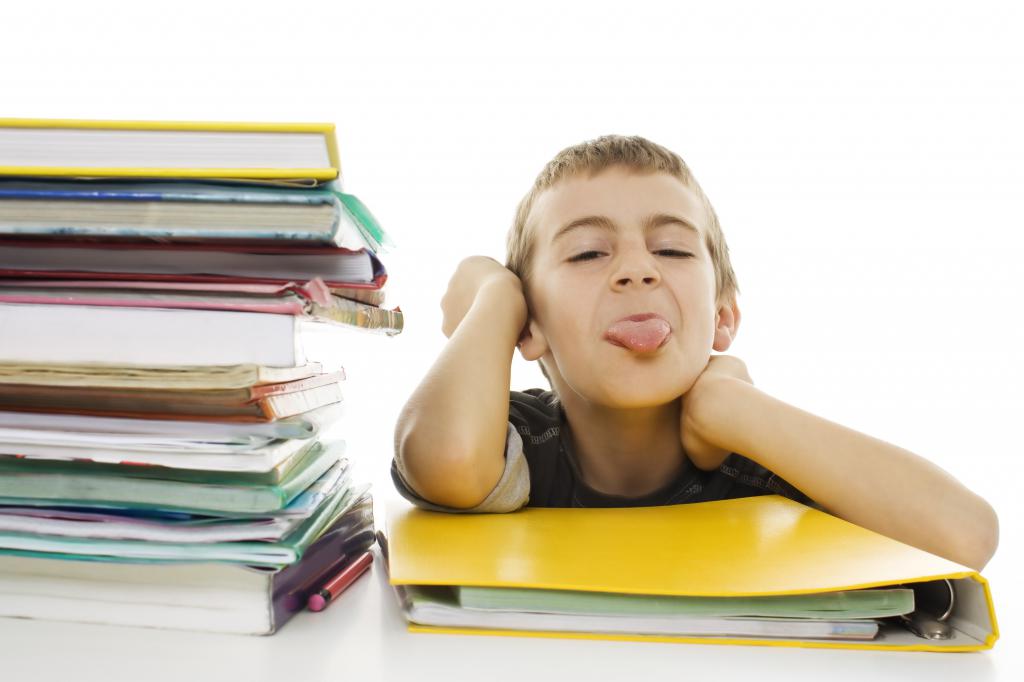
In addition, one-on-one communication with the teacher in most cases has a positive effect on the success of the student. If you make the transition to such a system in time, you can avoid such negative consequences as the accumulation of numerous academic debts and retraining in the same class.
Gifted children
Individual instruction in the school due to health reasons and due to the psychological characteristics of the individual, as mentioned above, is not the only variety of such education. Children with different talents and gifted in any field also need a special approach. In pedagogical psychology, there is even a special section devoted to the study of the personal characteristics of such students.
Their difference from the average children is not only in the fact that they have excellent inclinations for activities in any field, but often a significant lag in other educational subjects. Therefore, such students often need not only accelerated in-depth courses in one or several disciplines, but also in the adjustment of independent studies in some subjects.
It is also known that such individuals are often more vulnerable from a psychological point of view. Communication in a team often brings them various negative emotions.

Therefore, the task of teachers is not only to disclose their talent and promote the further development of such a child, but also to help parents in choosing the right educational route for their son or daughter.
Oh sport, you are life!
Another category of students who can count on an individual curriculum at school are those who, at such an early age, have begun a professional career. As a rule, these are athletes, participants in various major competitions at the regional and international level, as well as students of music schools participating in various competitions. Such activity is associated with regular trips, which means that the child needs to take more or less long breaks in learning. But, as some experts in the field of education say, today are the days when athletes were a group of people with significant educational deficiencies.
A modern athlete is a person who not only possesses the necessary physical data, but also extensive knowledge in a number of scientific disciplines. Special information, of course, is necessary for them to achieve the best results in competitions.
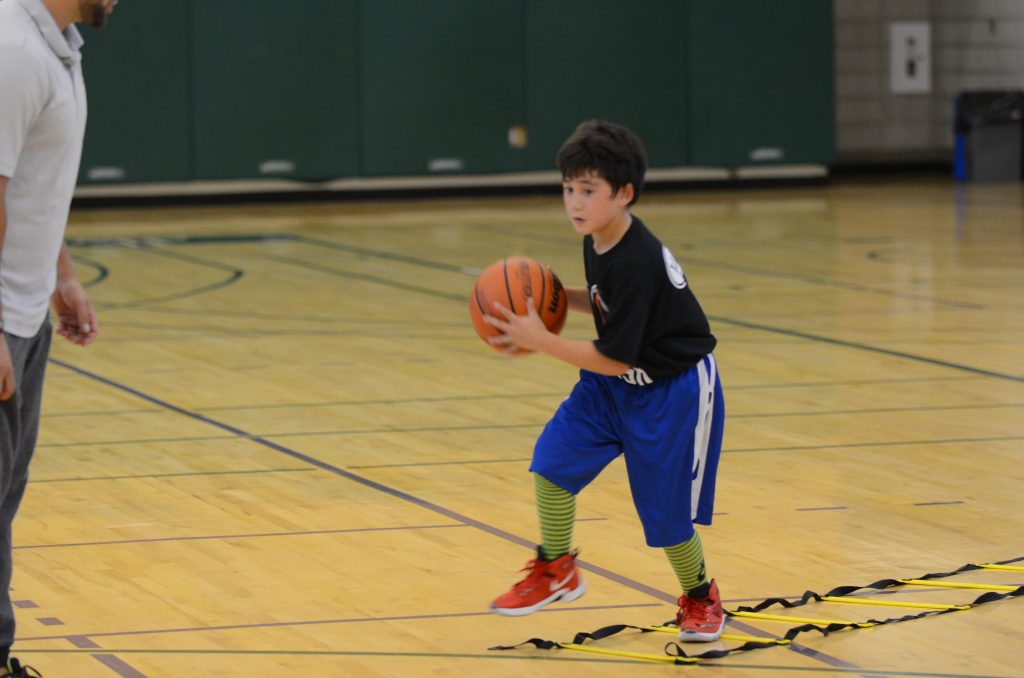
After all, if an athlete is not only perfectly prepared physically, but will also have a theoretical base, then this will accelerate his professional growth.
Other reasons
The Education Act mentions another category of people who can count on building an individual education route. This paragraph is indicated by the short word “others”.
Although the text of the law does not specify who can be assigned to this category, it can be assumed that here should be included, for example, those for whom training in a team is unacceptable according to religious beliefs. Or, according to the individual education program for students at school, children of military or other persons may be involved whose activities are connected with constant relocation from one region to another, and, accordingly, the child is often forced to change educational institutions.
Varieties of individual learning
There are several options for individual construction of the educational route. Moreover, each of them may have a number of variations. Next, the main types of such education will be considered.
- Individual home-based tuition (school not attended). Such a program is best suited for children with medical disabilities. Disabled people with a violation of the motor apparatus experience great difficulties with long-distance movements. The school building is not always within walking distance from the home of such a student. Therefore, the most favorable and effective will be getting an education at home.
- Individual student learning at school. This option is most suitable for all other people whose need for such training is not related to health restrictions. In this case, teachers’s personal time is also saved, because their work schedule differs little from classes with children who are educated in a team.
The varieties of these two types of individual instruction will be discussed in the following chapters.
Other process features
According to the current legislation, the number of hours allotted to work with a student on an individual route should not exceed eight hours a week in elementary school and twelve in middle and high school. Accordingly, for such children, the acquisition of knowledge is associated with a large share of independent work. At first glance, this is one of the drawbacks of such an educational process. However, the development of the ability to independently work with teaching aids, as well as to draw the necessary information from other sources, is undoubtedly an important skill for the whole subsequent life of a person.
It is about the development of such educational competencies that is spoken of in the Federal State Educational Standard. At this stage in the development of domestic pedagogy, scientists are talking about the need to instill in a person precisely the skills of obtaining knowledge. And, accordingly, individual education fully meets the needs of modern society.
Scientific and technological progress in the service of education
In addition, a limited number of academic hours can be offset by the use of modern technical means, such as the Internet and a variety of storage media. The law says that the individual education of a child in school can take place remotely through the use of the World Wide Web. Information can also be provided to him on other media, such as CDs with recordings of various curricula and audio and video versions of lessons.
In electronic form, intermediate testing of a student is often carried out.
With this way of getting an education, a child does not need to interrupt classes even when he regularly visits any competitions or concerts.
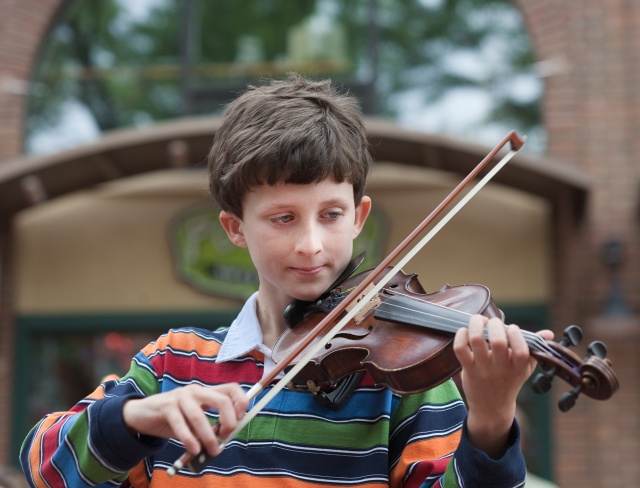
He can independently plan his training schedule, adjusting it to the schedule of other activities.
Regulatory framework
What laws regulate individual education at school?
First of all, the availability of such a service in a school should be stated in its charter. This document, in turn, is based on the provisions of the Laws on Education and on individual tuition at school.Also, the action of this type of route for obtaining knowledge is approved by a series of other documents, such as letters from the Ministry of Education and others.
Parent Action Required
An important question is also this: how to transfer a child to individual education at school?
So, if your son or daughter needs such an educational service, then you should write a statement addressed to the director of the school to which he goes.
It must be remembered that such an education is possible from the first grade. That is, the student can begin his education already on an individual program. In this statement, you need to list the subjects that are required to be studied at this stage of education. You can also mention the wishes that are put forward by the child and his parents.
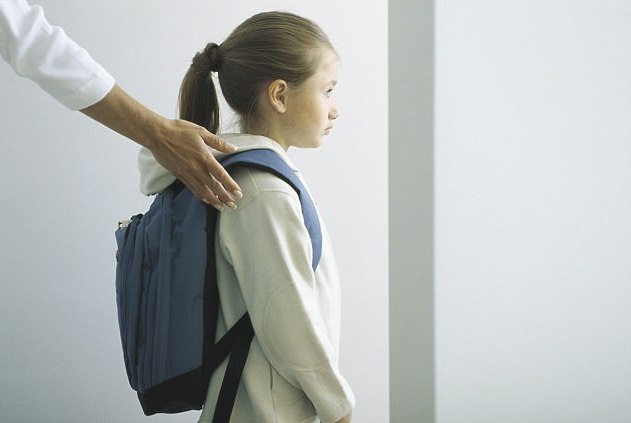
Such requests include, for example, a request for individual instruction in elementary school in any subject in an in-depth form. A number of reasons can be listed here to speed up the program or vice versa to slow it down. At the same time, you need to be prepared for the fact that for such additional services the educational institution will ask for payment in a certain amount. Compulsory education should be free of charge.
If the school refused
Individual education of a child at school must be approved by the administration of the institution. If such educational services are refused, then the parents of the student should not despair. They can contact the local branch of the Ministry of Education. If the refusal was received because the charter of this institution does not contain a provision on individual instruction in the school, then higher officials may oblige the principal to include an appropriate clause in this document.
Educational centers
In addition to training according to an individual curriculum at school, it is also possible to receive additional education in special centers. Such institutions provide an opportunity not only to people of school age, but also to other citizens to receive knowledge on programs that are currently being implemented.
Recently, the most popular courses at individual education centers are foreign language schools.
Order of employment
The organization of individual instruction in the school is carried out in accordance with the following order. When the application, drawn up by the parents, is signed by the director of the educational institution, a plan is developed, as well as a class schedule.
The first of these documents is prepared in conjunction with the parents or legal representatives of the student. In this case, the personal wishes of the child, his interests, and the comments of relatives are usually taken into account. The student’s health status is also taken into account.
The relevant documents indicate the number of items required to complete the course. When drawing up work programs in Russian schools for individual education, teachers are appointed for each of the subjects. Preference is given to those specialists who work with this class, that is, with the teaching staff to which the child is assigned. If the institution does not have enough personnel, then the school attracts freelancers to this work.
For each discipline, dates are determined when offsets and tests are to be carried out. If individual education at school due to health reasons is interrupted for the duration of the child’s stay in the medical institution, then missed lessons at the request of the parents are subject to compulsory compensation, that is, their time is postponed to other dates.
In case the teacher is on sick leave, a replacement specialist is appointed, or the lessons are transferred until the teacher recovers.
Work according to state standards
All students who are on individual education, as well as their peers who are following the traditional educational route, pass exams, including final ones, get marks, have the same number of days off and vacations as their comrades. Therefore, their certificate is no different from the documents issued to students after the end of the traditional program.
Work with documents
As for the documentation for a student undergoing an individual course of study, it includes a class journal, launched for one child, as well as a school diary. Responsibility for maintaining the first document lies with the teacher, the second is filled out by the student himself. The school journal in this case has all those sections that are provided for in a group learning system. With a certain periodicity, this document should be checked by the school management. His careless conduct entails the adoption by the school management of appropriate measures in relation to the teacher.
For each of the subjects, a student undergoing training carried out on this educational route should have a student notebook, which is checked by the teacher teaching the discipline.
Problems and solutions
Many children who study on the principle of one-on-one interaction with a teacher do this forcibly, because their state of health does not allow them to go to an ordinary comprehensive school. Therefore, such children may require not only a special approach from teachers, but also psychological help. Specialists in this field should be recommended to work with such a child by the school to which he is attached.
In addition, often help is required not only for children, but also for their parents. So, in order to improve the quality of knowledge about the features of individual education, pedagogical meetings are regularly held with the legal representatives of such students, as well as lectures on topics of interest to parents.
Often the issues discussed at such events are raised by educators themselves.
Conclusion
This article was devoted to the problems of individual education of children in Russian schools. This type of knowledge can be carried out both in an educational institution and at a child’s home. Today at the disposal of children who need such an approach, there are numerous technical tools that greatly facilitate their educational program.
In the first chapters of this material, the question of who has the right to receive this kind of education was raised. The regulatory documents governing the implementation of individual education in Russia are also provided.
An important part of the article is a chapter on what actions should be taken by parents of children who need an individual school curriculum. If you have all the necessary documents, as well as an application addressed to the school principal, students are usually transferred to this type of education for several months.
Individual training, along with its other types, is a full-fledged form of education.
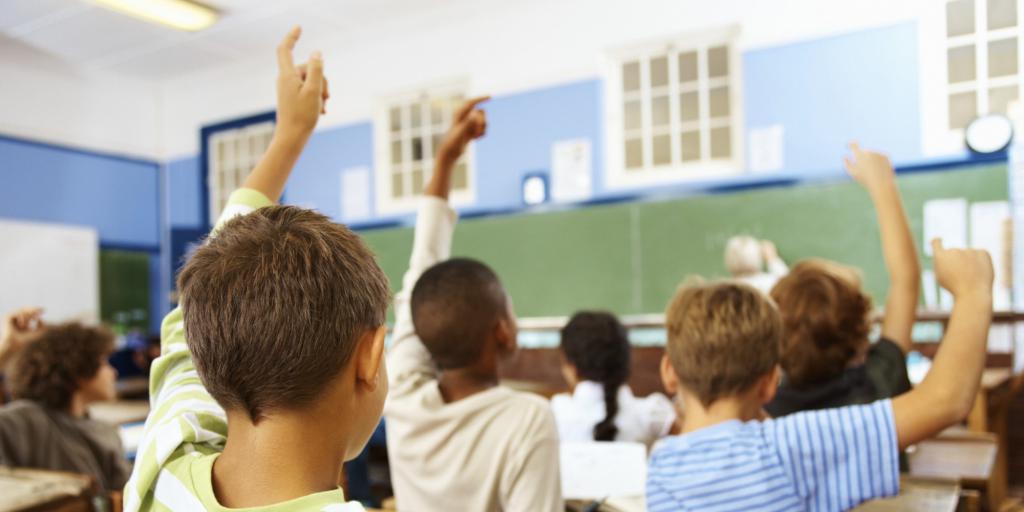
Therefore, after completing such a course, students receive a state certificate.
